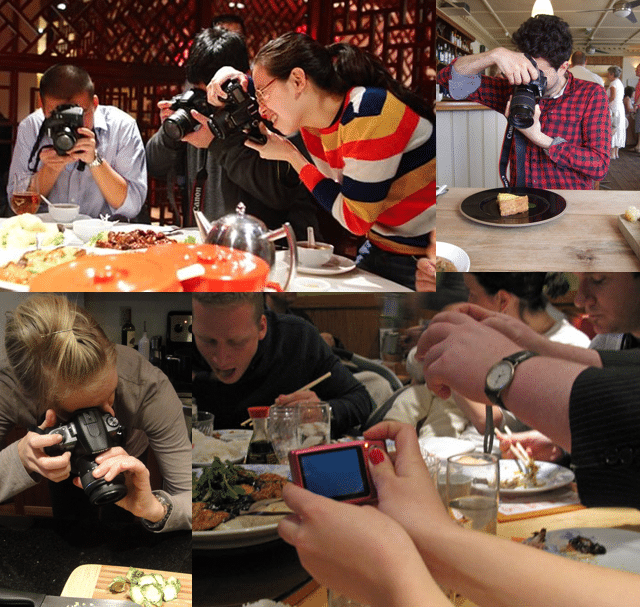If I had a dime for every time I told someone what I do for a living and got a response along the lines of “Oh! I have a food blog, too!” I would have lots and lots of dimes.
Blog content writers that specialize in food and wine are anything but scarce, but there’s a difference between writing content and writing content people actually want to read, the same way there’s a difference between cooking up a Lean Cuisine and actually cooking a dinner from scratch; both will fill your belly, but one is infinitely more enjoyable to eat.
Be interesting.
My roommate, whose culinary skills consist of the ability to almost always not burn her toast, thinks anyone who boils spaghetti is talented, but for most of the world, a simple how-to is going to sink your blog faster than a souffle dropped on the kitchen floor. If the information has already been covered, you need to be bigger, better, or completely insane – it doesn’t even matter if you’re right or wrong, you just need an opinion, a point of view, and the willingness to express it with conviction.
You need a perspective and context.
Think Pioneer Woman. Would Ree Drummond have attained her monstrous level of success if she wrote about being a stay at home mom? Probably not. Add in posts about life on the farm and your super hot and hunky cowboy husband and you have a hit. It’s not enough to have millions of readers say “that could be me,” they want to read what you’ve written and think “that’s who I want to be.” The difference is subtle, but it’s significant.
Keep it accessible.
It’s super cool to dazzle your readers with pictures of high-end brunch parties where you presented perfectly coiffed guests with caviar topped eggs Benedict and truffles on toast, but they can’t afford it so pretty soon they’re not going to like it and then soon after they’re not going to like you. Elite only sells when you’re Martha Stewart, and even she has a Kmart line.
Get educated, but just a little bit.
I’m not saying you have to go to culinary school to write about food. In fact, the exact opposite is true; too much education can make your writing stale or overreaching. There’s a word for people in the wine world who geek out over every little grape – they’re called cork dorks, and these are the exact people you don’t want teaching others. Why? Because at some point all the knowledge in the world isn’t a substitute for perspective, talent, and the ability to relay information in a memorable away. Take a class or two, read some books, and blog your journey – just be prepared to defend your POV because with food and wine, everyone thinks they’re an expert.
Be yourself.
Write what you know. You can’t be all things to all people, so don’t even try. Love sandwiches? Be the best sandwich writer in the world. Are new world wines your thing? Screw Chablis and Chateauneuf-du-Pape – write about California Chard and Malbec until your fingers are callused and grape stained. One of my favorite blogs right now is a mother who makes boxed lunches for her kids. They’re beautiful. Don’t invent a personality – look at your life, see what makes you special (there is something, I guarantee it) and make that your post.
Passion is key, and as long as you have that (and some grammatical correctness, of course), the world of food and wine writing is your proverbial oyster.
Alana M has heard that man cannot live on wine alone, but she’s more than willing to give it a try. When she’s not eagerly learning anything and everything about food and booze, she spends her time freelance writing and slinging wine on the glittering Las Vegas strip.


